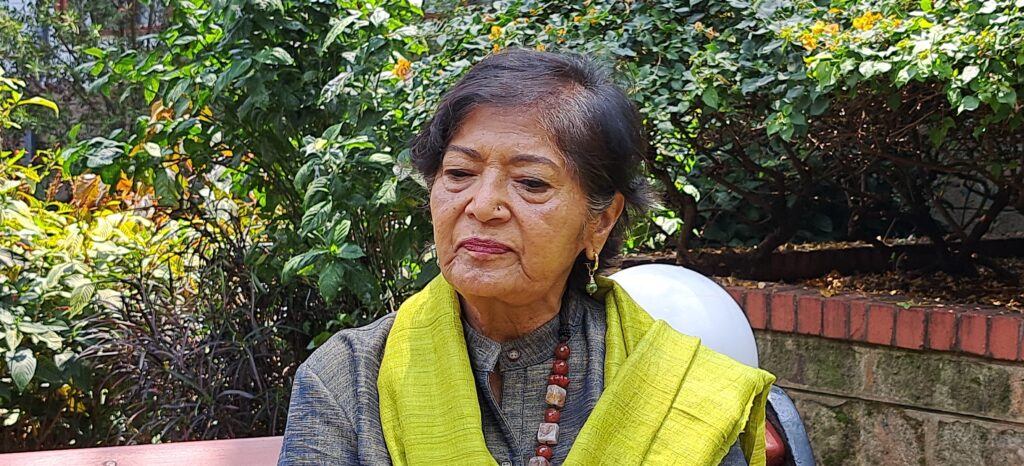The U.N. Commission on Human Rights in South Sudan on Tuesday called for urgent action to address widespread corruption and the theft of public resources by South Sudan’s political elite, saying it has triggered a devastating human rights crisis in the world’s youngest nation.
The report, Plundering a Nation: How Rampant Corruption Unleashed a Human Rights Crisis in South Sudan, is the result of a two-year independent investigation and analysis. It was released in Nairobi, Kenya.
The commission said South Sudan’s oil and non-oil revenues have been looted through off-budget spending and politically connected contracts, depriving millions of citizens of basic services.
According to the report, the government’s oil revenue since independence in 2011 has exceeded $25.2 billion — a significant sum for one of the world’s poorest countries — but systemic corruption has ensured little of that money reaches essential services.
The report cited payments totaling $1.7 billion between 2021 and 2024 to companies affiliated with Vice President Benjamin Bol Mel for road construction work that was never completed.
“Our report tells the story of the plundering of a nation: corruption is not incidental, it is the engine of South Sudan’s decline,” said Yasmin Sooka, chairperson of the commission. “It is driving hunger, collapsing health systems and causing preventable deaths, as well as fueling deadly armed conflict over resources. The suffering of South Sudanese civilians is a direct consequence of the brazen plundering of public revenues since independence in 2011.”
Commissioner Carlos Castresana Fernandez added: “The diversions are not abstract budget failures — they translate into preventable deaths, widespread malnutrition and mass exclusion from education.”
Commissioner Barney Afako said the country’s leaders have systematically diverted both oil and non-oil revenues through corruption and unaccountable schemes embedded across government structures.
While the 2018 Revitalized Agreement on the Resolution of the Conflict in the Republic of South Sudan aimed to improve public financial management, the commission said those reforms have been poorly implemented and inadequately funded.
The report warns that the peace agreement is now at a breaking point, following the Sept. 11 announcement of charges against First Vice President Riek Machar, who has been detained since March 2025. Machar’s opposition party has since fractured, with many of its senior leaders either jailed or forced into exile.
Meanwhile, President Salva Kiir’s daughter and Vice President Bol Mel’s wife have recently been appointed to senior government positions, according to the report.
The commission issued 54 recommendations to the government in Juba, urging measures to end corruption, strengthen accountability and prioritize citizens’ basic needs in national budgeting and spending.
In response, Information Minister Michael Makuei Lueth dismissed the UN report, saying the government had not yet received it officially.
“These are people who usually write, and whenever they write, they don’t consult with the government,” he said. “They just write whatever comes to their mind in their hotel rooms. Up to now we have not officially received the report.”
He added: “We will find out what it is. Even though I have no knowledge about it, we will find out and see what they are doing.”
However, in an official written response sent to the U.N. commission, Justice Minister Joseph Geng said the report was based on figures that do not match the government’s own data and attributed South Sudan’s economic problems to conflict, climate change and falling sales of the country’s crude oil.
He said the UN body has not acknowledged all efforts made by the government to improve living conditions of the citizens, in spite of the economic challenges caused by frequent shutdown of oil operations, floods, insecurity and outbreak of armed conflicts and attacks by non-signatories to the 2018 peace agreement.




